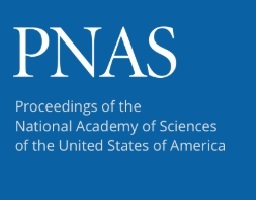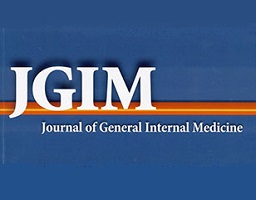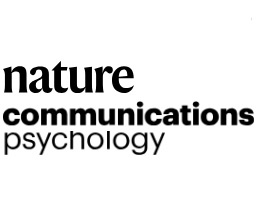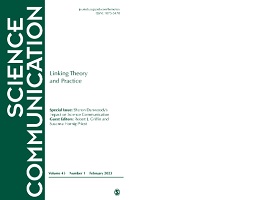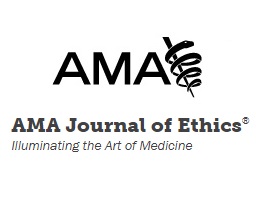Abstract
This paper explores the impact of disclosures of bias on advisees. Disclosure—informing advisees of a potential bias—is a popular solution for managing conflicts of interest. Prior research has focused almost exclusively on disclosures of financial conflicts of interest but little is known about how disclosures of other types of biases could impact advisees. In medicine, for example, physicians often recommend the treatment they specialize in; e.g., surgeons are more likely to recommend surgery than nonsurgeons. In recognition of this bias, some physicians inform patients about their specialty bias when other similarly effective treatment options exist. Using field data (recorded transcripts of surgeon–patient consultations) from Veteran Affairs hospitals and a randomized controlled laboratory experiment, we examine and find that disclosures of specialty bias increase patients’ trust and their likelihood of choosing a treatment in accordance with the physicians’ specialty. Physicians in the field also increased the strength of their recommendation to have the specialty treatment when they disclosed their bias or discussed the opportunity for the patient to seek a consultation with a physician from another specialty. These findings have important implications for handling advisor bias, shared advisor–advisee decision-making, and disclosure policies.
